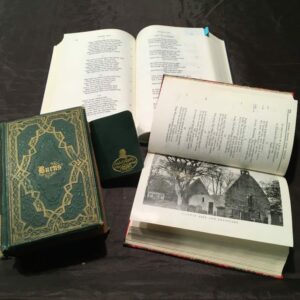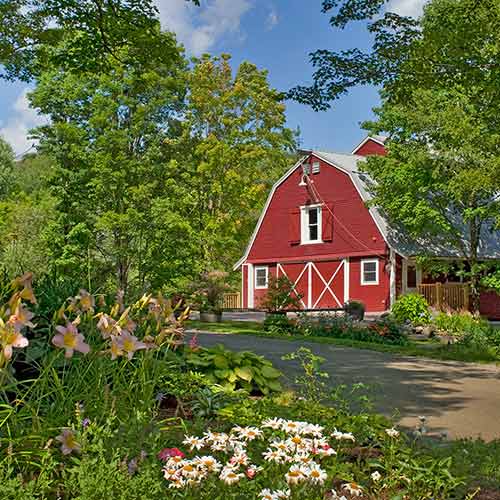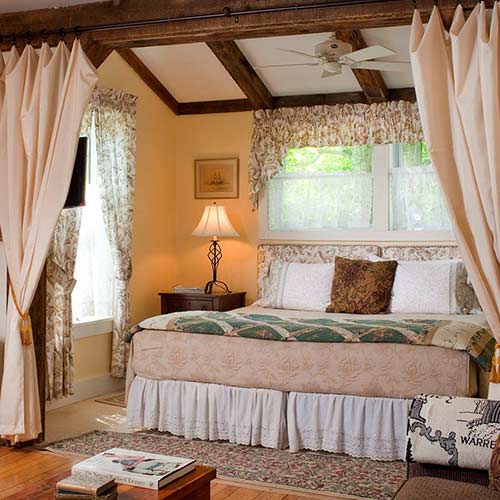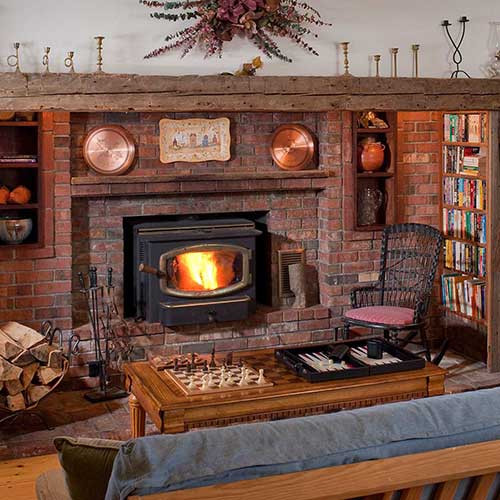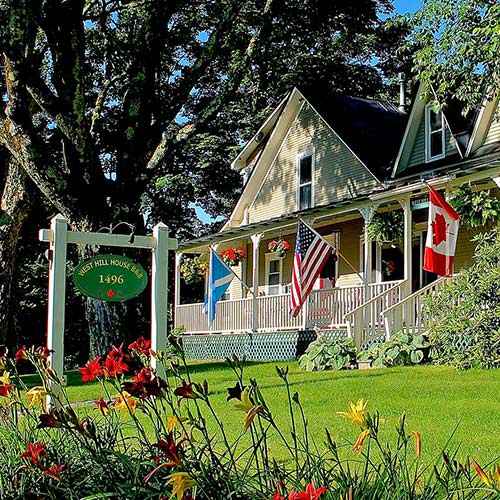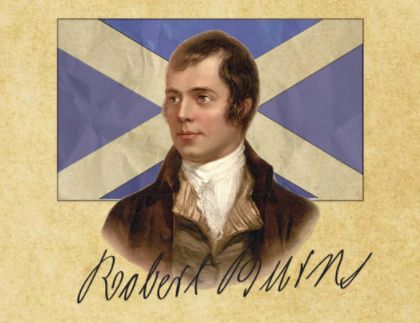
January 25th is an important date in Scotland and, indeed, for Scots around the world. The celebration is the anniversary of the birthday of the Scottish Bard (poet), Robert Burns.
Burns was born in 1759 in the beautiful town of Alloway, about 40 miles southwest of Glasgow. The Robert Burns Birthplace Museum operates as a member of the National Trust for Scotland and is a much visited site with well over half a million visitors each year. The museum offers a truly unique encounter with Scotland’s favourite son as there are many artifacts and original documents which give a view of the life and times of The Bard. Having visited this site many times, we were happy to see that in the spring of 2019 repairs in the cottage were underway in order to keep this important landmark in good repair.
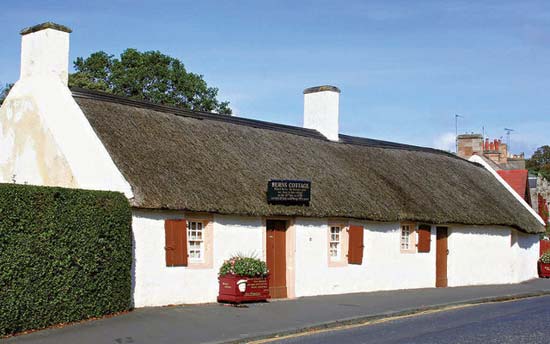
Burns was observant, taking note of the life and people around him. These observations are reflected in his poems about ordinary people living ordinary lives and class and religious distinctions. Burns wrote poems, letters to friends and over three hundred songs which celebrate love, friendship, work, and drink with often hilarious and tender sympath
Robert Burns had the ability to combine both the seriousness of sentimentality and the everyday oft times humorous musings of the common folk.
Burns’ poems tell of life and love, of fun and laughter, of drinking and of clear musings, of pride of country, of social and political change, of equality, freedom and speaking up for others. The things that he was passionate about then, are just as important today as they were then. Values that stand the test of time.
Probably the best known of Burns’ works, especially at this time of year, is Auld Lang Syne. Others include the Selkirk Grace- Some “hae meat and canna eat, and some wad eat that want it; But we hae meat, and we can eat, Sae let the Lord be thankit.”
Quotes we often use were written by Robert Burns, “The best laid schemes o’ mice an’ men gang aft agley.” (The best laid plans of mice and men often go awry) “Man’s inhumanity to man makes countless thousands mourn!”, “O wad some Power the giftie gie us, to see oursels as ithers see us!” (Oh would some Power give us the gift to see ourselves as other see us)
His works influenced those that followed him, for his overwhelming popularity led Scottis poets for the next 100 years to create imitations o his works. Many scholars and critics now rank Burns as a major Scottish poet and on of the finest lyricists of the 18thC.
One thing is crystal clear in many of the poems of Robert Burns, and which has endured him to Scots for generations, is his love of his country. For Scots the world around, there is a strong tie to the country of their birth and it is a sad day when to it they must bid farewell. Burns reflects on his homeland in many of his poems.
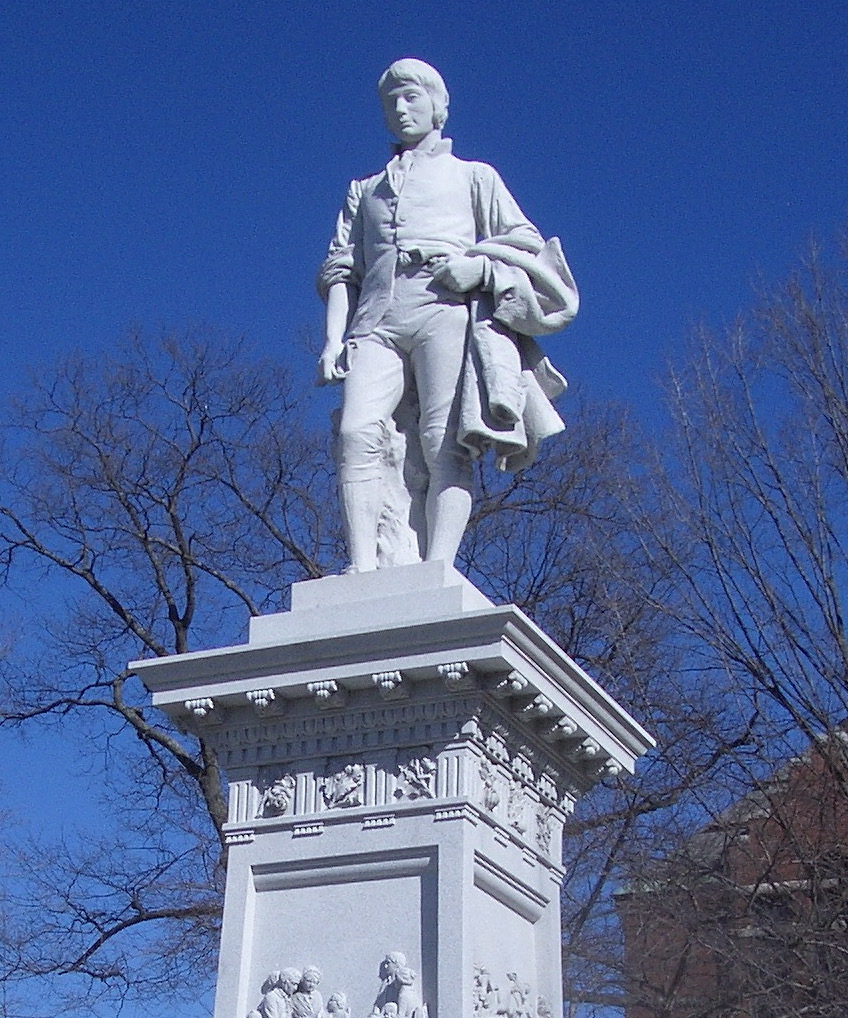
And so it was for Scots who immigrated in the early days of Vermont to work in the granite quarries in Barre.They sorely missed their homeland. In 1896 the Robert Burns Club of Barre, Vermont, met to commemorate the centenary of Robert Burns’ death. It was at this meeting that the idea of erecting a statue of Burns was forthcoming. Since Barre was the thought of as the “Granite Center of the world”‘ the monument should be of the finest work of granite the world had yet produced. In 1899 the statue was unveiled, a large statue of Burns surrounded by various of his verses and yes, the statue was locally carved from the local granite quarry.
Today, in commemoration of the birth of Robert Burns, Scots around the world celebrate with what has become known as The Burns Supper.
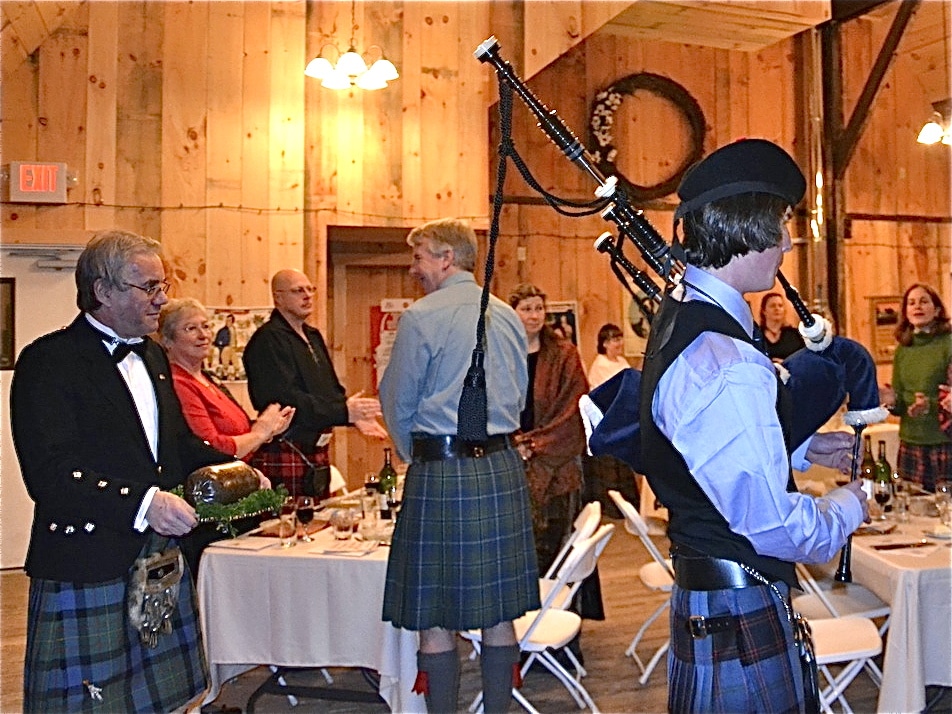
The first Burns supper was held in 1801. And yes,for the 220 years since, Scots around the world still celebrate. While new traditions have been added, the sentiment has remained the same – maybe it’s grown even stronger- that is to celebrate the birth of this Scottish Bard.
Scots gather, usually on the Saturday closest to Jan 25th and celebrate with a grand dinner. Dinner guests dress for the occasion, men in full kilt regalia while women wear either long dresses or cocktail dresses.
The assembled guests rise as the guest of honour, The Haggis, is ceremoniously brought into the the dining room preceded by a piper. Upon being paced upon the table (the haggis, not the piper!), the Address to the Haggis is then recited all 8 verses. Some recitations are done from memory whilst at other times the address is read from a book of Burns’ poems. The Address starts with…
Fair fa’ your honest, sonsie face,
Great chieftain o the puddin’-race!
Aboon them a’ ye tak your place,
Painch, tripe, or thairm:
Weel are ye wordy o’ a grace
As lang’s my arm.
Haggis, neeps, tatties, truffle, shortbread, and various libations comprise the meal which is followed by a toast to The Queen and a speech To the Immortal Memory of Robert Burns. Then, as everyone is in a jovial mood, Scottish dancing follows!
While the 220th year celebrations will be different, as many organizations arrange Zoom celebrations, the sentiment will be there all the same and Scots around the world will raise a glass to the Immortal Memory of Robert Burns.
We have numerous books of Robert Burns’ poems. The oldest is dated 1865.
